Next stop: smart charging
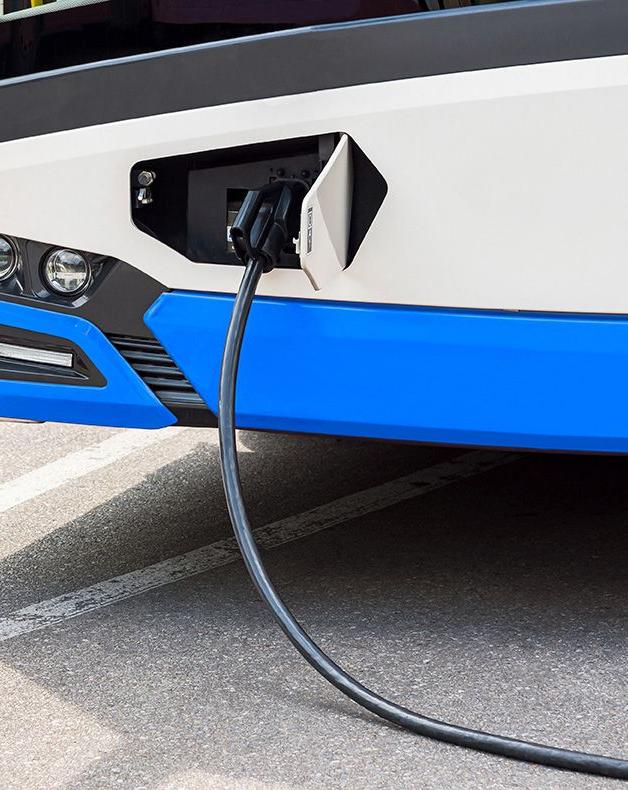
Maximum operational use at minimum charging costs for your electric bus fleet.

May we get on board and ride into the future with you?
Our ticket: expertise and the right technology. ChargePilot®, our smart charging and energy management system, ensures that you save costs for expensive expansion and peak loads.
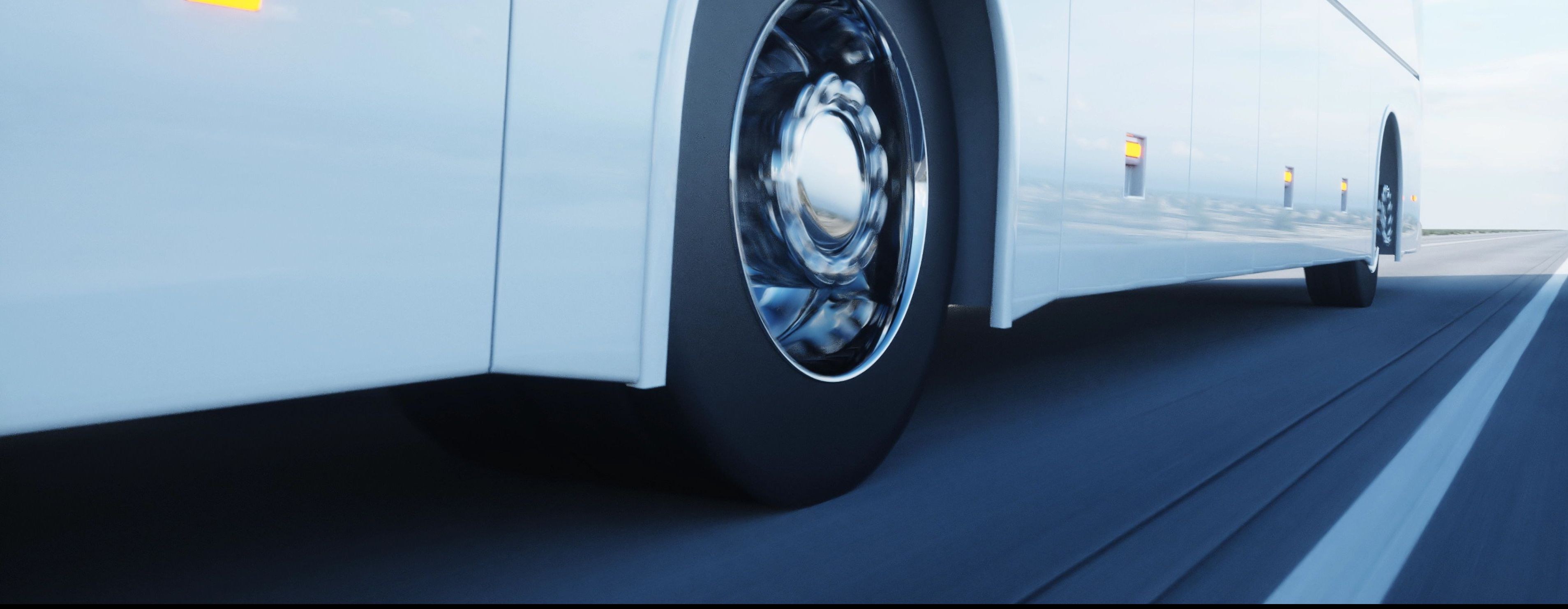
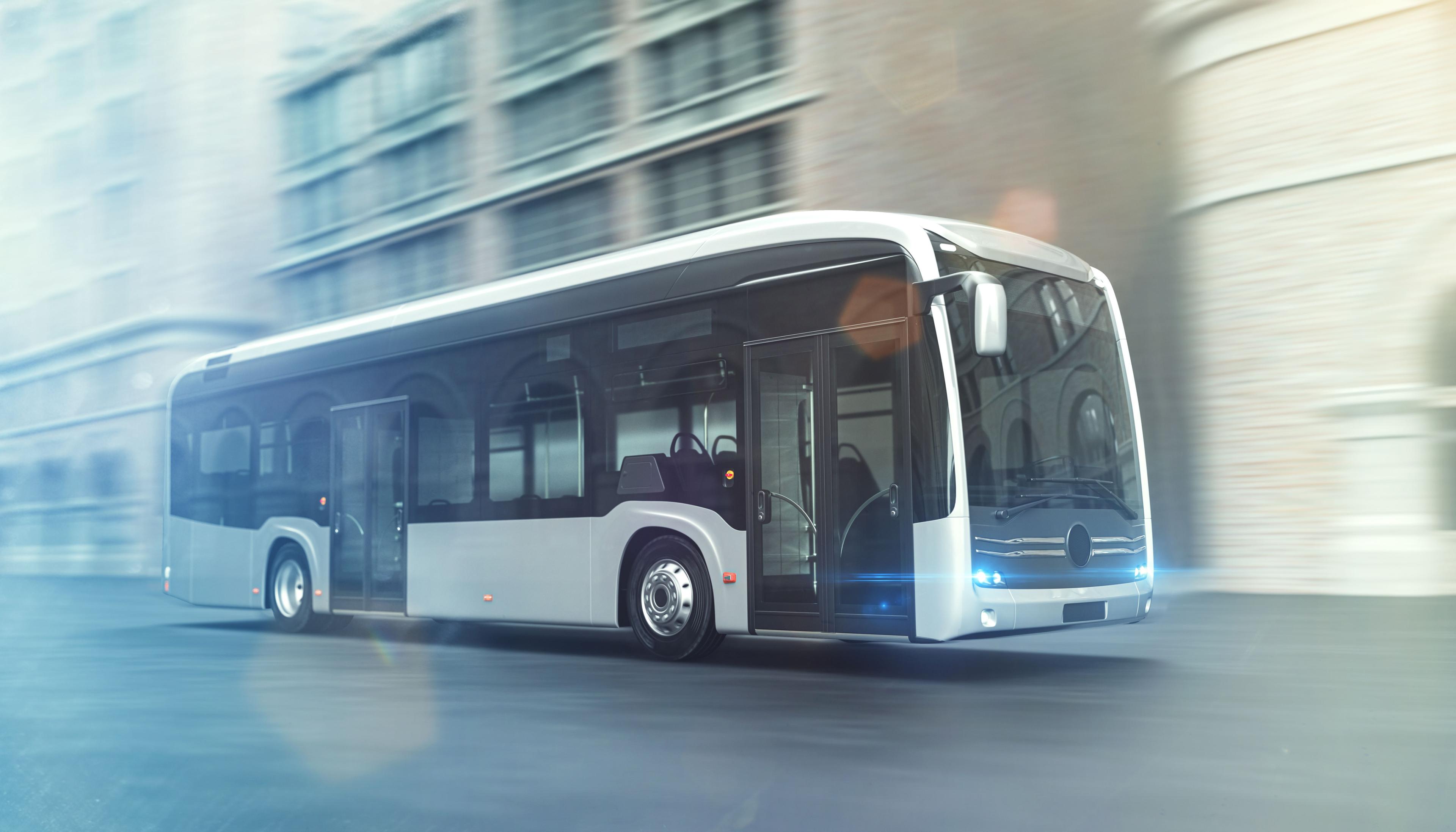
Benefits
Maximize the operational readiness of your fleet of electric buses
Rely on ChargePilot® for smooth bus services, all the while taking individual mobility needs into account.
The ChargePilot® controller is installed on site and controls charging locally – guaranteeing that buses will be charged reliably and intelligently at all times, even when the internet is down. The associated web app visualizes the charging processes in real time, offering control and the option of evaluating CO2 savings.
ChargePilot® can be combined with charging stations and software from different providers thanks to open interfaces, so the depot management solution can be connected too.
ChargePilot® maximizes uptime thanks to 24/7 remote monitoring, automatic error messages and remote starting. And, just in case, our support team is available to assist you ten hours a day, five days a week.
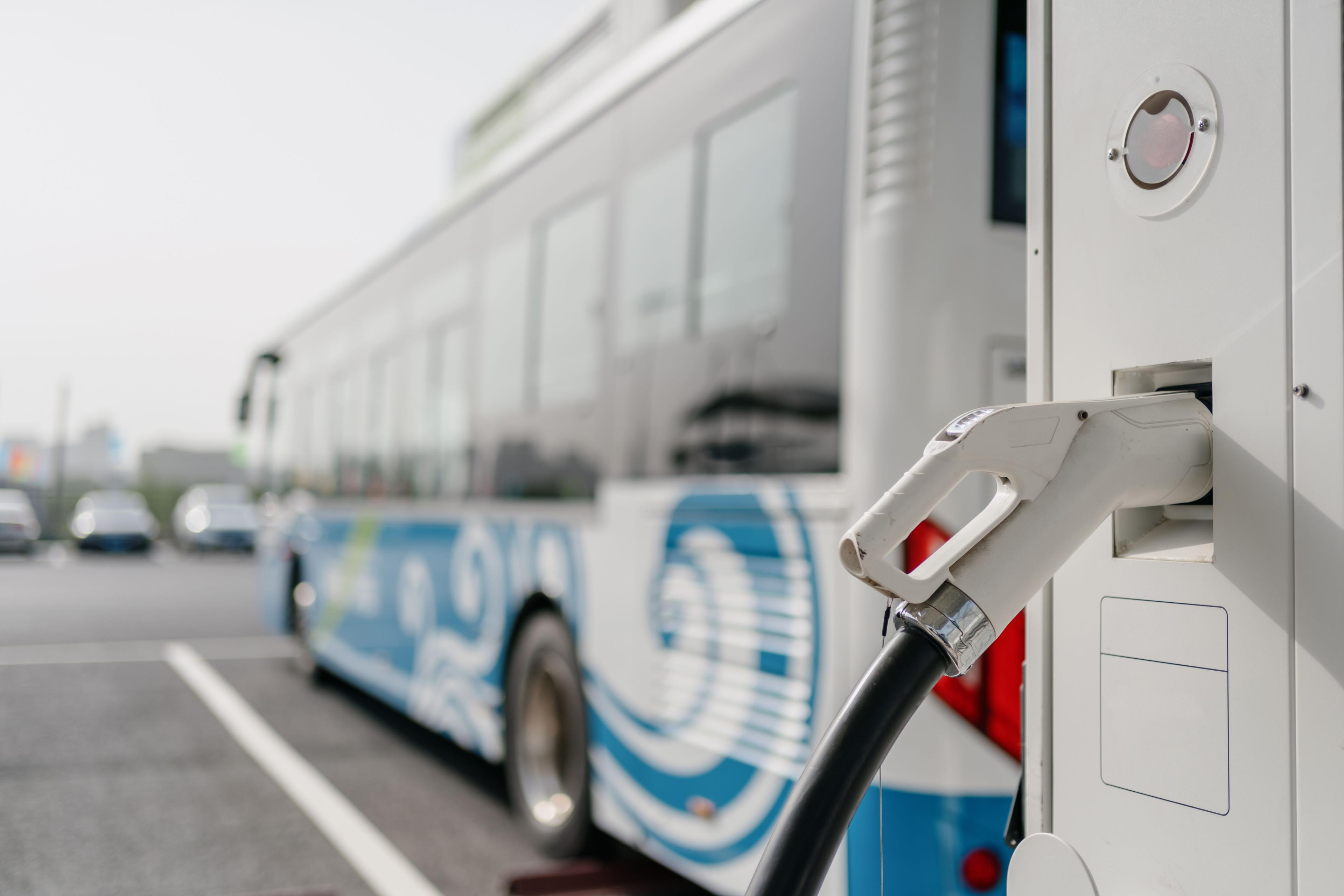
Minimize investment and operating costs
Make full use of the existing electrical infrastructure with ChargePilot®.
By making optimum use of the existing mains connection, ChargePilot® cuts the costs of installation and conversion work.
ChargePilot® optimally distributes the available power to the buses to be charged. For this purpose, all electricity consumers and generators (such as photovoltaic installations) and schedules can be used.
Even today, ChargePilot® can already charge your electric buses in a way that is beneficial to the grid or at low-price phases and will be able to achieve additional savings in the future due to bidirectional charging (V2G).

Benefit from both our technologies and our experience when charging your fleet of e-buses
We join you on your journey into the electric future.
Whether it’s used at one or multiple sites, and no matter how many buses you’d like to charge today or in the future—ChargePilot® grows with your needs.
We know every step of the fleet electrification process and have already successfully incorporated ChargePilot® in some of the world’s largest bus depots with more than 100 electric buses.
Not only do we cooperate with a variety of charging station manufacturers, software companies and installers, we know our way around the industry too. That makes us your perfect partner for all aspects of smart charging.
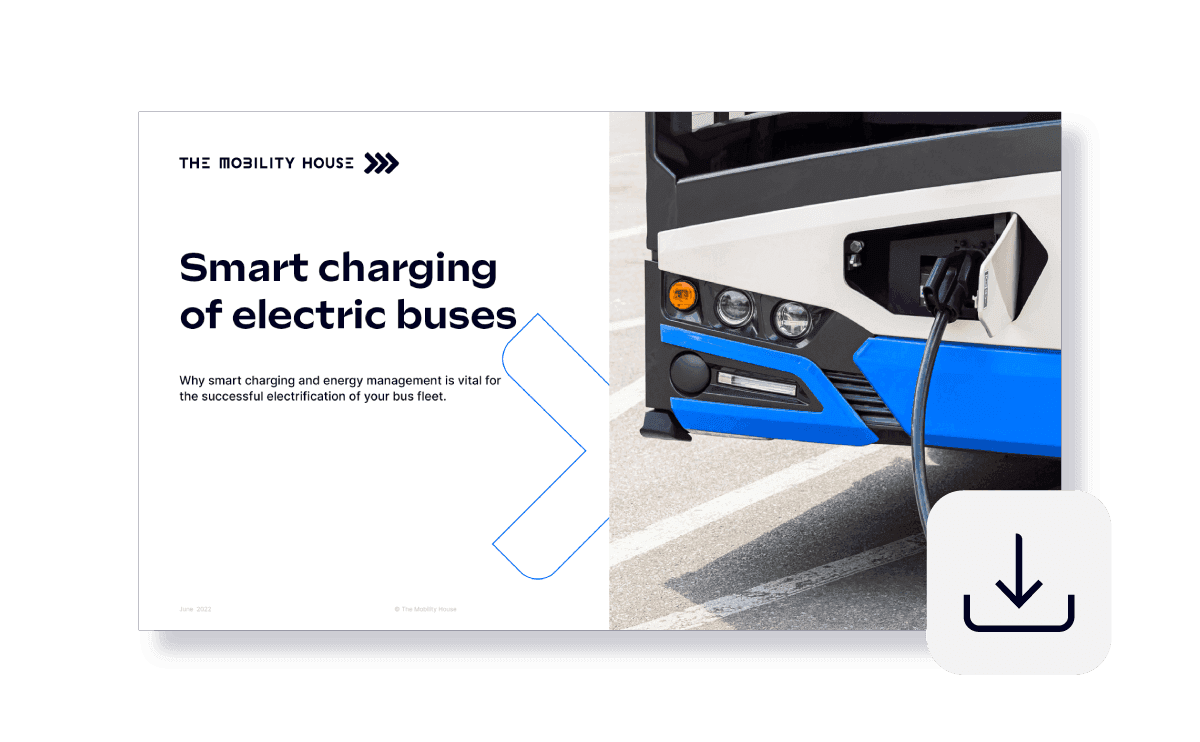
Whitepaper
For your connection to the futureWe know that electrifying a bus fleet is a major challenge for infrastructure and operations. In our whitepaper you will find answers to the most important questions, e.g. why the decision for charging and energy management should be at the beginning of your planning.
Why The Mobility House
With the right energy we can achieve a lotReferences
Success stories: Fleets of electric buses on their way towards the futureWe are happy to advise you and together we will find a charging solution that fits your electric bus fleet.

Blog
The potential of dynamic electricity rates for electric fleetsCompanies, logistics providers, and transport operators are increasingly recognizing the economic potential of electric mobility – especially when charging processes are intelligently controlled. One of the biggest levers here is optimization based on dynamic electricity tariffs, which enable charging at particularly favorable times.
_4907700862a3e8e9161f9f3db1e390cc.jpg&w=3840&q=75)
Blog
Dynamic tariff optimization: How companies can significantly reduce their electricity costs and stabilize the gridThe electricity market is becoming more flexible – and with it, the opportunities for companies to manage their energy costs in a targeted manner. Dynamic electricity tariffs are opening up new possibilities, particularly in the field of e-mobility: those who intelligently link their charging processes to the price of electricity can not only save money, but also relieve the strain on the power grid and actively contribute to the energy transition.
_18ac9e3a8052b6229c086a41c1ac84f7.png&w=3840&q=75)
Whitepaper
Cloud vs. Local









%20Avinor_85ddacb1dc2e01f10c87f829e5c770b6.jpg&w=3840&q=75)
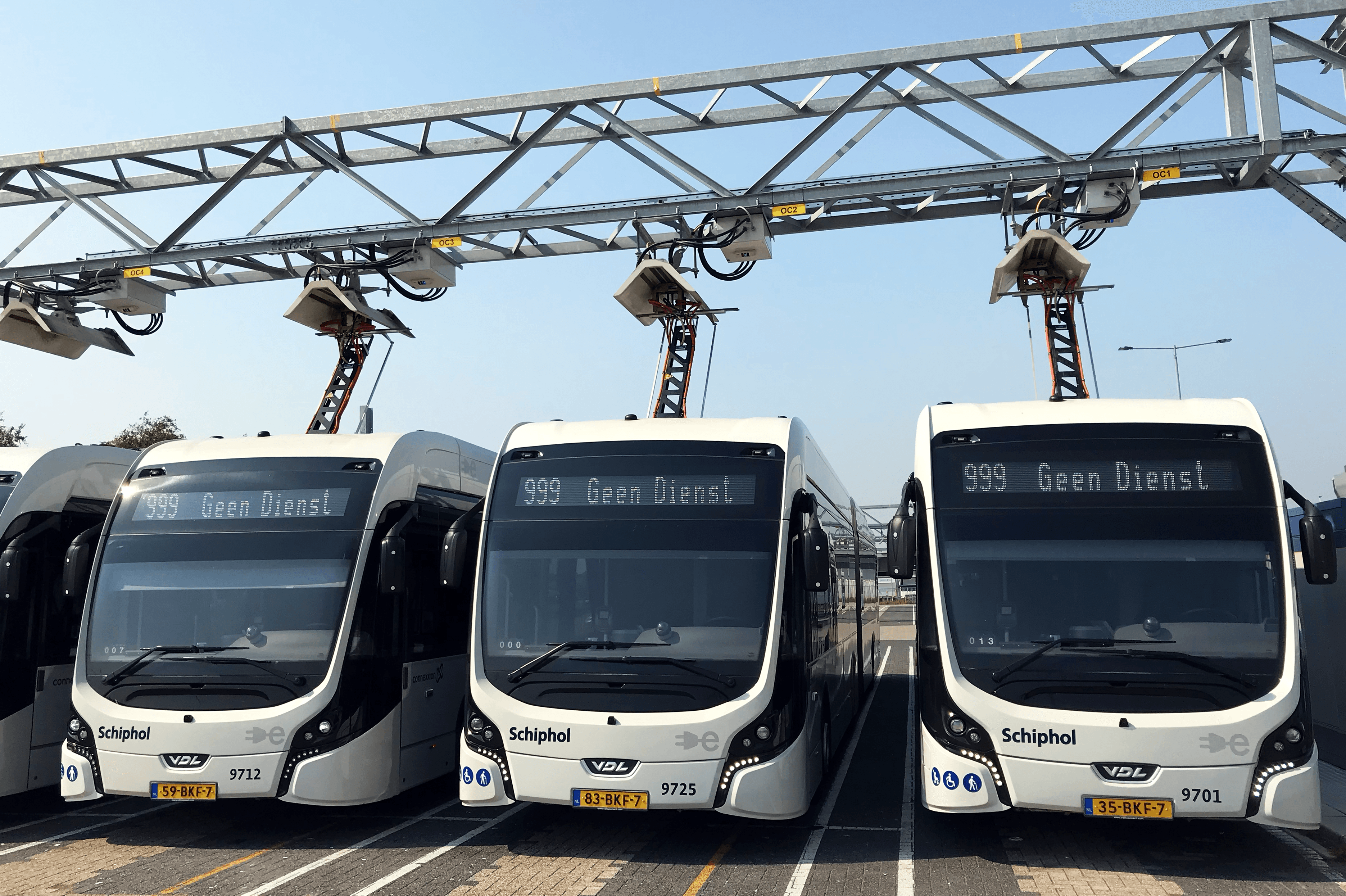
%20The%20Mobility%20House_5185cf49d78c76fc120afd411e9fcc2b.jpeg&w=3840&q=75)